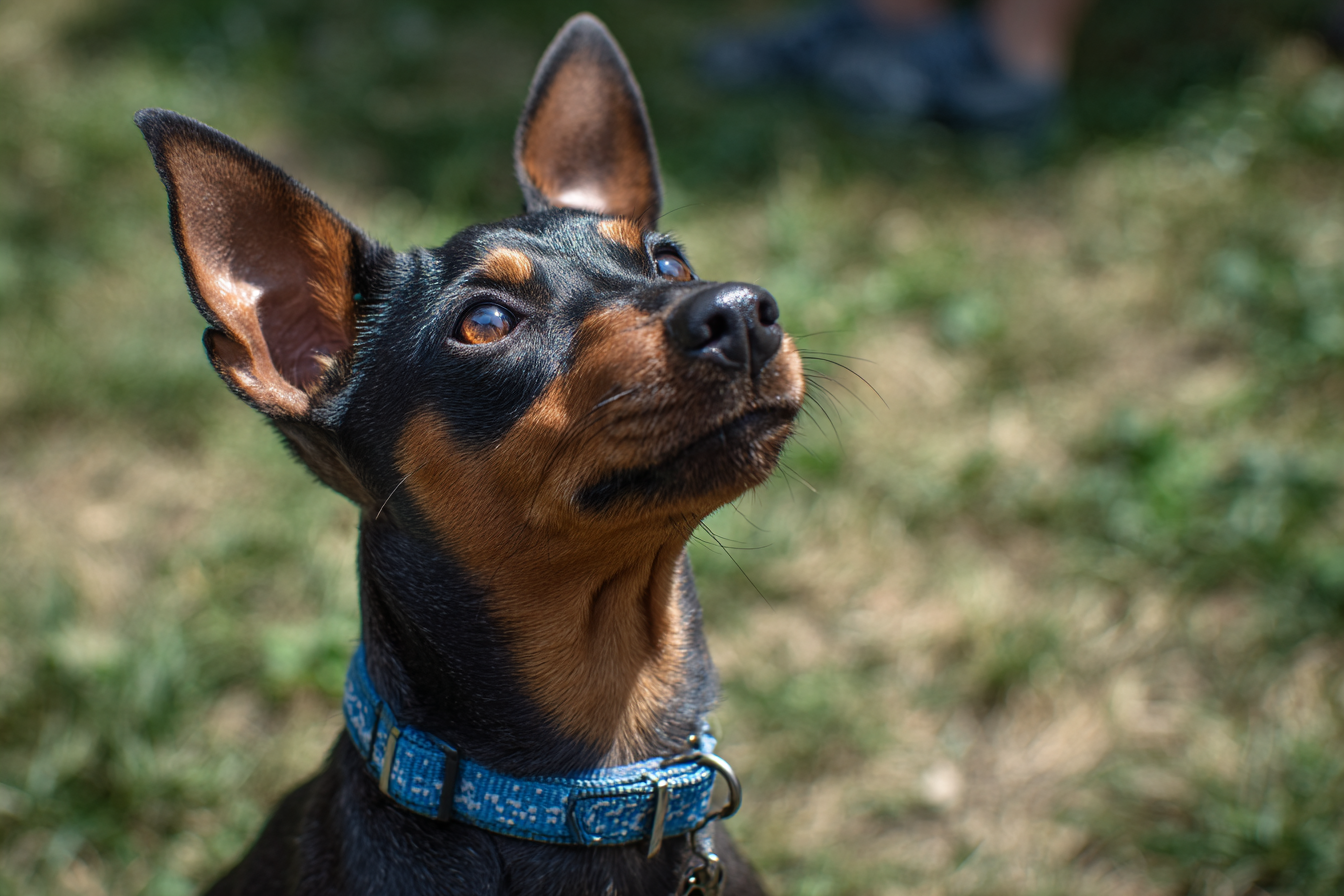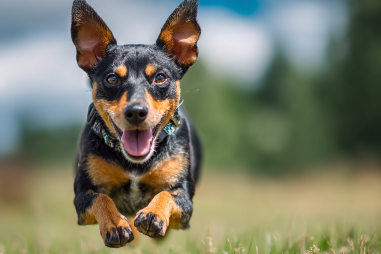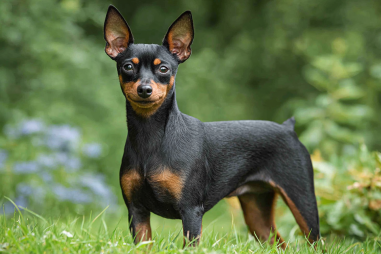Training a Miniature Pinscher can be a rewarding but challenging experience. Known for their spirited and lively personality, these small dogs pack a big dose of energy and intelligence, which sometimes results in testing behaviors that stump even seasoned dog owners. Understanding their unique traits and learning how to manage them with patience and effective strategies is key to fostering a well-behaved and happy companion. In this article, we’ll explore the common training challenges Miniature Pinschers present and provide practical advice on how to overcome them.
Typical Training Behavior Obstacles
Miniature Pinschers, affectionately known as “Min Pins,” are notorious for a few particular behavior challenges during training. Some of the most common obstacles include:
- Stubbornness: Min Pins have a strong will and enjoy asserting their independence, which can lead to resistance during training sessions.
- High energy levels: These dogs are extremely energetic and curious, often making it difficult for them to focus on commands for extended periods.
- Barking and alertness: Their keen senses make them excellent watchdogs, but this means they may bark excessively when they sense unfamiliar people or noises.
- Fearlessness combined with small size: This often leads to a “big dog” attitude where they challenge larger dogs or people, sometimes leading to aggressive behavior if unchecked.
- Separation anxiety: Due to their attachment to owners, Miniature Pinschers can become anxious or destructive when left alone for too long.
Together, these traits require a tailored training approach that acknowledges their unique temperament.
Understanding the Root Causes
Before diving into training techniques, it’s important to understand why these behaviors occur. Miniature Pinschers originated as hunters and ratters, which contributes to their alertness, intelligence, and independent nature. Their high prey drive and curiosity mean they love to explore and sometimes ignore commands in favor of chasing after interesting scents or movements.
Additionally, their bold personality often masks a sensitive side—they crave attention and can easily become frustrated when misunderstood or left without sufficient mental and physical stimulation. Recognizing these root causes helps owners approach training with empathy and better prepares them to address behavioral issues effectively.
Positive Reinforcement Methods
Positive reinforcement is one of the most effective and humane training methods for Miniature Pinschers. Instead of punishing unwanted behavior, this method focuses on rewarding desirable actions, making it more likely that your dog will repeat them. Here’s how you can apply positive reinforcement:
- Use treats and praise: Small, tasty treats paired with enthusiastic verbal praise encourage your Min Pin to associate good behavior with positive outcomes.
- Timing is key: Reward immediately when the desired behavior occurs so your dog makes a quick connection between action and reward.
- Incorporate play: For this energetic breed, using playtime as a reward can be highly motivating, especially for dogs that respond well to toys or interactive games.
- Clicker training: Using a clicker to mark precise moments of good behavior can speed up learning and communication between you and your dog.
By consistently focusing on positive reinforcement, you build trust and a willingness to learn in your Miniature Pinscher, turning training sessions into enjoyable bonding experiences.
Consistency and Patience in Training
Training a Miniature Pinscher requires a steady hand and consistent approach. Their stubborn streak means that inconsistent commands or intermittent rules can confuse them, slowing progress or exacerbating bad behavior. Here are some tips for maintaining consistency and patience:
- Set clear rules: Everyone in the household should enforce the same rules to avoid mixed messages that confuse your dog.
- Regular training sessions: Short, frequent training periods (5-10 minutes multiple times a day) keep your dog engaged without overwhelming them.
- Stay calm and patient: Avoid frustration or harsh discipline, as Miniature Pinschers respond better to calm leadership rather than force.
- Celebrate small victories: Progress may be slow at times, but acknowledging improvements helps maintain motivation.
Patience is especially crucial if you’re working through stubbornness or anxiety-related behaviors. Over time, persistence and kindness will yield the best results.
Using Professional Trainers When Necessary
Despite your best efforts, there may be times when professional help is needed. Miniature Pinschers can sometimes develop behavioral issues that require specialized training techniques or interventions. Here’s when considering a professional trainer makes sense:
- If aggression or excessive fear is present that you cannot safely manage
- If your dog’s barking or destructive behaviors escalate beyond your control
- If you find training techniques aren’t yielding progress and you want expert guidance
- For socialization classes that expose your dog to other dogs and people in a controlled setting
Professional trainers experienced with Miniature Pinschers or similar small breeds can provide customized strategies and support tailored to your pet’s needs, ensuring a happier household dynamic.
Success Stories and Practical Tips
Many Miniature Pinscher owners have overcome training challenges through persistent use of positive reinforcement, patience, and consistency. Here are some practical tips and success stories shared by owners:
- Socialization from an early age: Starting socialization early helped one owner reduce fearfulness and excessive barking by introducing their Min Pin to varied people, environments, and animals.
- Using high-value treats: Another owner found that offering special treats reserved only for training kept their dog motivated and focused better during sessions.
- Daily physical exercise: Regular playtime and walks helped channel the dog’s energy constructively, decreasing destructive behaviors at home.
- Clear boundaries for barking: Teaching a “quiet” command using positive reinforcement reduced nuisance barking that was previously an issue.
- Short but consistent training: Keeping sessions brief but daily helped keep attention spans intact and encouraged continuous skill improvement.
These real-world examples highlight that with the right approach, Miniature Pinschers can become well-mannered, responsive companions.
Training a Miniature Pinscher certainly comes with its unique set of challenges, but it is also an opportunity to deepen your bond and understand an intelligent, spirited breed. Focusing on positive reinforcement, maintaining consistency, and having patience go a long way toward overcoming common hurdles. And when professional help is required, seeking expert assistance can make all the difference. Embrace the experience with enthusiasm, and you’ll enjoy the loyal and lively company that a well-trained Miniature Pinscher brings to your life.







